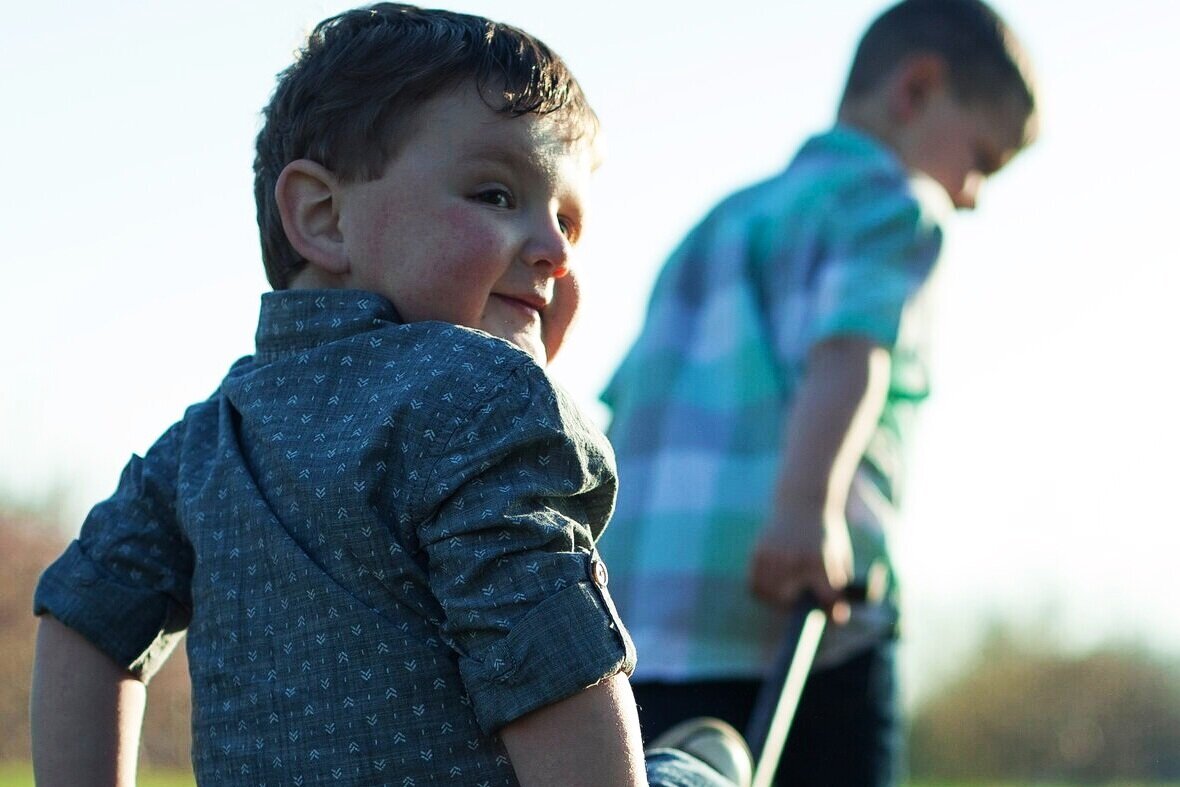
Awarded Grants
Awarded Grants
Evaluation of a therapeutic potential of disulfiram for its repositioning against encephalopathies caused by GNAO1 mutations
Vladimir Katanaev
University of Geneva, Faculty of Medicine
$100,000
Awardee: Vladimir Katanaev
Institution: University of Geneva, Faculty of Medicine
Grant Amount: $100,000
Funding Period: January 1, 2026 - December 31, 2027
Summary: This project investigates disulfiram, a repositioned FDA-approved drug, for GNAO1 encephalopathies using biochemical, cellular, and animal model studies to evaluate its efficacy and safety in treating movement disorders and seizures.
DEVELOPMENT OF PHARMACOLOGICAL CHAPERONE FOR FUNCTIONAL RESCUE OF GalphaO MUTATIONS INVOLVED IN ENCEPHALOPATHY AND MOVEMENT DISORDERS.
Patrick M. Giguère
University of Ottawa
$100,000
Awardee: Patrick M. Giguère
Institution: University of Ottawa
Grant Amount: $100,000
Funding Period: September 1, 2025 - August 31, 2026
Summary: Employing machine learning, computational modeling, and biochemical assays, this study focuses on identifying small-molecule chaperones to stabilize and restore mutant Gao protein function, offering a promising disease-modifying treatment for movement disorders and epilepsy.
Pilot clinical trial to assess efficacy of Caffeine Citrate for controlling GNAO1-related dyskinetic crises
Serena Galosi
Sapienza University, Rome
$100,000
Awardee: Serena Galosi
Institution: Sapienza University, Rome
Grant Amount: $100,000
Funding Period: September 1, 2025 - August 31, 2026
Summary: A collaborative team of GNAO1 researchers, investigating caffeine citrate’s ability to control GNAO1-related dyskinetic crises, this study combines preclinical research in animal models with a phase 2 clinical trial to provide scientific evidence for caffeine citrate as a first-line treatment option.
GNAO1-related epilepsy: genotype-phenotype correlations
Erika Axeen
University of Virginia
$40,000
Awardee: Erika Axeen
Institution: University of Virginia
Grant Amount: $40,000
Funding Period: August 1, 2025 - July 31, 2026
Summary: This study leverages a clinician-validated phenotype database to improve diagnostic accuracy, identify genotype-phenotype correlations, and refine personalized therapeutic strategies for GNAO1 epilepsy patients.
Pre-clinical development of a CRISPR-mediated gene therapy for GNAO1 Encephalopathy using patient stem cells and a mouse model
Blair Leavitt
University of British Columbia
$100,000
Awardee: Blair Leavitt
Institution: University of British Columbia
Grant Amount: $100,000
Funding Period: August 1, 2025 - July 31, 2026
Summary: Using patient-derived stem cells and a specialized mouse model, this research aims to develop a targeted correction for the R209H mutation. Lipid nanoparticle (LNP) technology will refine gene-editing delivery methods for clinical applications.
Development of second generation AAV gene therapy for GNAO1 deficiency
Miguel Sena-Esteves
University of Massachusetts
$100,000
Awardee: Miguel Sena-Esteves
Institution: University of Massachusetts
Grant Amount: $100,000
Funding Period: August 1, 2025 - July 31, 2026
Summary: This study utilizes gene silencing and replacement strategies with the innovative BI-hTFR1 capsid to enable efficient brain-wide gene delivery, paving the way for future clinical trials in GNAO1 therapy.
Development of a validated and patient-specific GNAO1 model for screening and testing of therapeutics
Harald Mikkers
Leiden University Medical Center, Netherlands
$100,000
Awardee: Harald Mikkers
Institution: Leiden University Medical Center, Netherlands
Grant Amount: $100,000
Funding Period: September 15, 2023 - September 14, 2024
Summary: This project will advance and improve a state-of-the-art personalized medicine tool for GNAO1. He will use funding from the Bow Foundation to create a validated stem cell GNAO1 model that opens the doors to various drug screening efforts. The work will investigate how GNAO1 impacts neurons and evaluate the suitability of the iPSC-based model for testing of therapeutics and drug responses
Testing mechanisms and intervention strategies in GNAO1 dystonia
Kirill Martemyanov
University of Florida Scripps Institute for Biomedical Innovation and Technology
$100,000
Awardee: Kirill Martemyanov
Institution: University of Florida Scripps Institute for Biomedical Innovation and Technology
Grant Amount: $100,000
Funding Period: August 1, 2023 - July 31, 2024
Summary: This project will help advance scientific understanding about the mechanisms of dystonia. Many GNAO1 patients suffer from dystonia, commonly known as involuntary muscle movements. Bow Foundation funding will allow Dr. Martemyanov to use a mouse model to shine light on the impact of GNAO1 on dystonia and brain signals while also testing possible treatment strategies.
Personalized Anti-Sense Oligonucleotide Therapy in a Patient with GNAO1 Mutation
Jennifer Friedman
University of California San Diego and Rady Children’s Hospital
$100,000
Awardee: Jennifer Friedman
Institution: University of California San Diego and Rady Children’s Hospital
Grant Amount: $100,000
Funding Period: August 1, 2034 - July 31, 2024
Summary: Dr. Friedman partnered with the n-Lorem Foundation to support the administration of an experimental antisense oligonucleotide (ASO) medicine that targets the GNAO1 gene. Funding from the Bow Foundation will help Dr. Friedman collect and evaluate the clinical observations of this cutting-edge treatment, including changes in baseline over time and data from predetermined outcome measures. This preclinical work will allow the research team to determine if ASO treatments for other GNAO1 patients are a viable approach for other patients.
